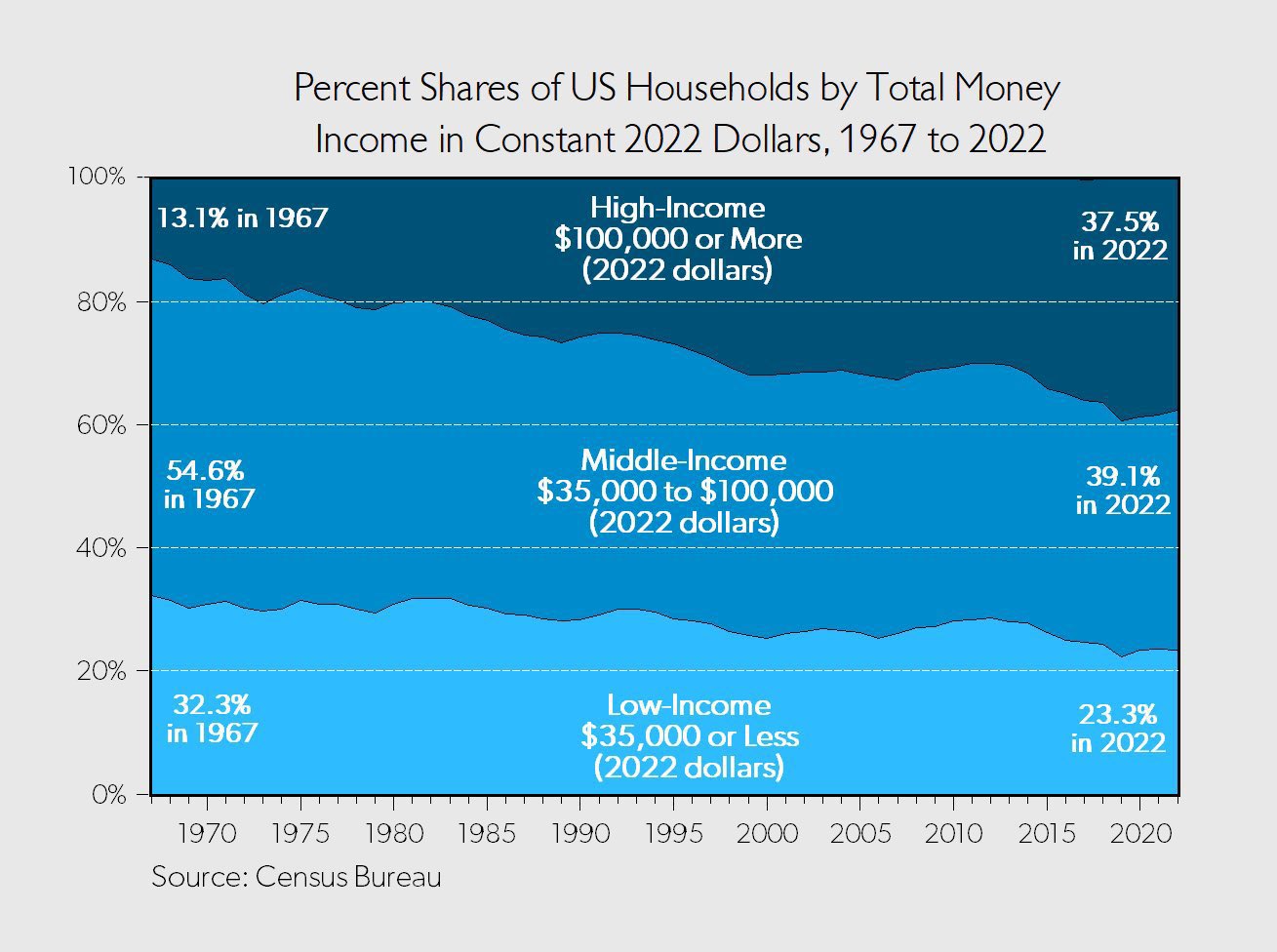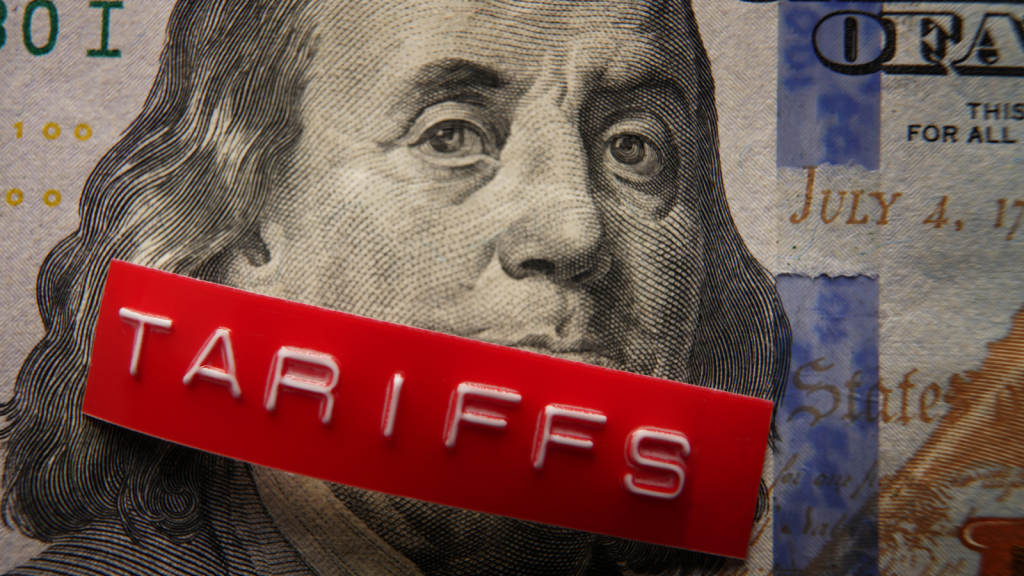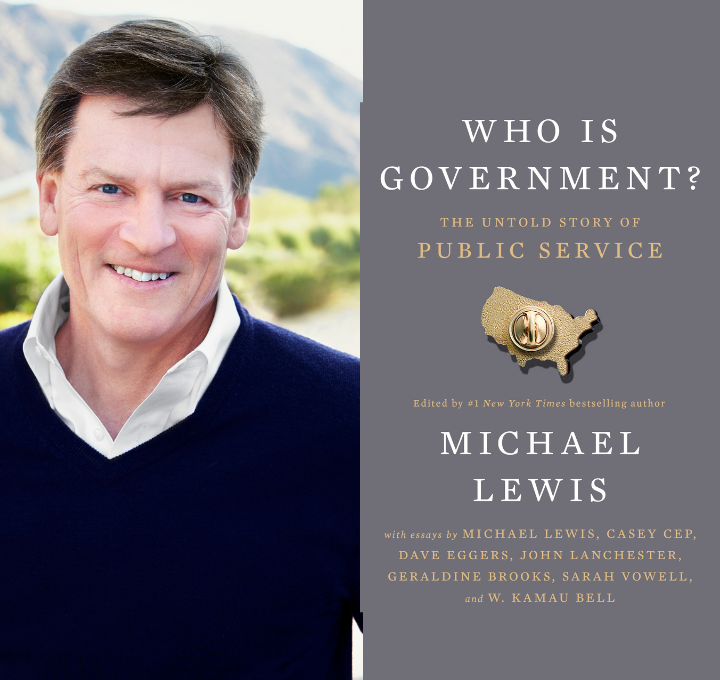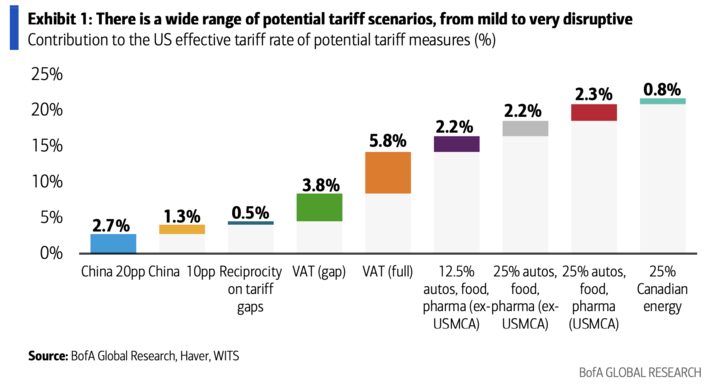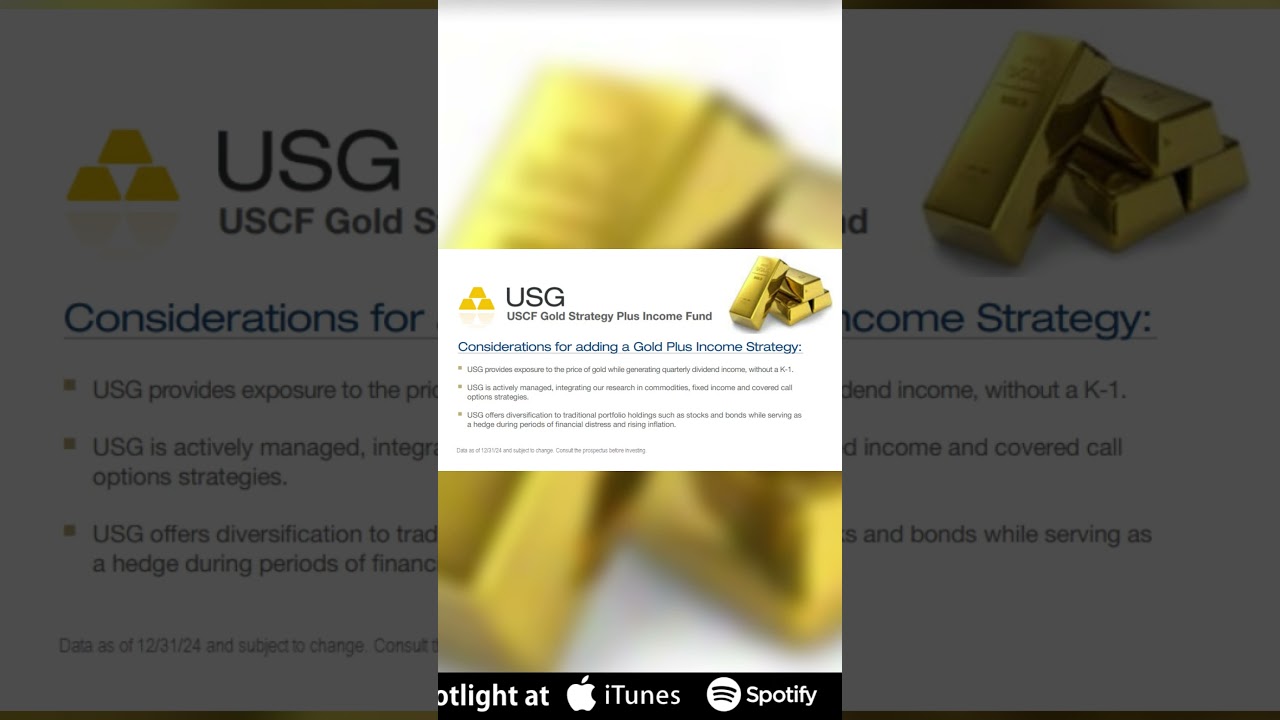Should I Pay Off My $23,000 Student Loans or Invest Instead?
A Reddit user is trying to decide how to organize his financial priorities. The original poster (OP) said he has $23,000 in student loan debt, and the interest rates on his various loans range from 2.75% to 5.5%. He wants to know if he is better off paying the loans off ASAP or if he […] The post Should I Pay Off My $23,000 Student Loans or Invest Instead? appeared first on 24/7 Wall St..

Key Points
-
A Reddit user has $23k in student loans at rates ranging from 2.75% to 5.5%
-
He’s debating between using his extra money to pay off the loans early and using his extra money to invest.
-
As a general rule, it’s usually better to invest than to pay off student loans at affordable rates.
-
Are you ahead, or behind on retirement? SmartAsset’s free tool can match you with a financial advisor in minutes to help you answer that today. Each advisor has been carefully vetted, and must act in your best interests. Don’t waste another minute; get started by clicking here here.(Sponsor)
A Reddit user is trying to decide how to organize his financial priorities.
The original poster (OP) said he has $23,000 in student loan debt, and the interest rates on his various loans range from 2.75% to 5.5%. He wants to know if he is better off paying the loans off ASAP or if he should just keep making the minimum payments and invest the rest of his spare cash instead.
So, what’s the best course of action for the Redditor in this situation?
Is paying off student loans or investing the better approach?
The Reddit user in this case would most likely be better off not paying off his student loans early and focusing on investing. And he is not the only one. For most people, early repayment of student loans simply does not make sense for a lot of reasons, including the following:
- Most people (except high earners) can deduct up to $2,500 in student loan interest from their taxable income. The student loan interest deduction helps to reduce the cost of paying off student loans slowly over time.
- Student loans usually have affordable interest rates. In this case, the Reddit user very likely could earn a better ROI by investing in safe investments such as an S&P 500 index fund rather than paying off his student loans early.
- Student loans offer lots of borrower protections. While carrying most types of debt is risky because you’re committed to payments even if you experience economic hardship, this isn’t the case if you have federal student loans. You have many options to put loans into deferment or forbearance, or to choose an income-driven plan that caps payments at a percentage of income.
- Student loans may be forgiven in the future. There’s a possibility that some of the debt will be wiped away by the government. You can also qualify for forgiveness by making a certain number of payments on an income-driven plan or by doing public service work.
There’s also the fact that you can potentially qualify for tax breaks for retirement investing if you put your money into a 401(k) or IRA. And, if you have a workplace 401(k), your employer might match your contributions, which means you’d get free money if you invested instead of paying off student loans early.
For all of these reasons, it rarely makes sense to send any extra money to a student loan except in limited cases if you have private student loans at a high rate, as those don’t offer the same borrower protections or forgiveness options as federal loans.
A financial advisor can provide personalized advice

While the Reddit poster here very likely should prioritize investing, and most people with student debt should do the same, the reality is that each person’s financial situation is unique. Getting help from a financial advisor is the best course of action for anyone struggling with figuring out which financial goals to focus on — or for anyone making important money decisions of any sort.
A financial advisor can take a big-picture view of your overall situation, and can help you to decide which goals to work towards first. This will ensure you’re making the best, most infromed choices based on your unique needs so you can build the financial security you deserve.
The post Should I Pay Off My $23,000 Student Loans or Invest Instead? appeared first on 24/7 Wall St..
































































